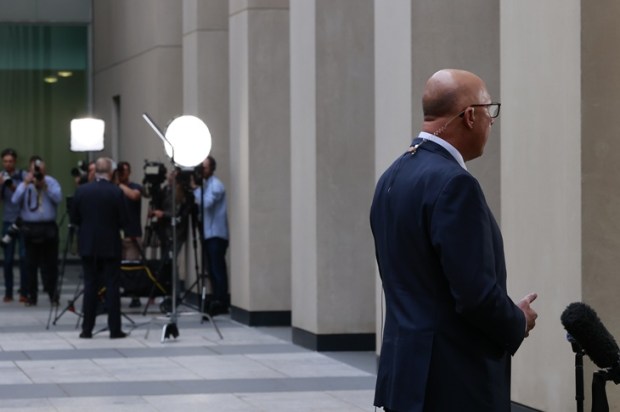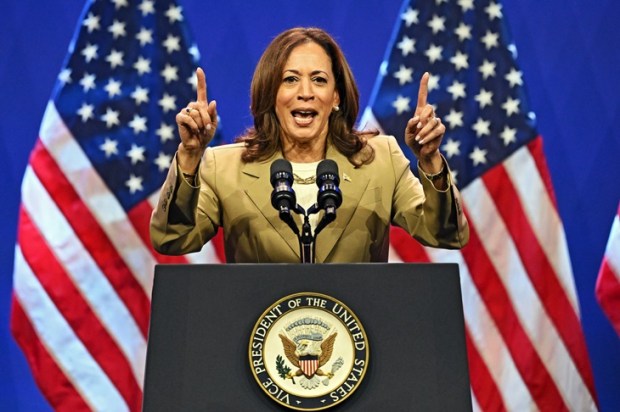Donald Trump has shattered the blue wall, picked up the pieces, and painted them red.
Despite his stunning victory in the US Presidential election, it is the Democratic Party’s spectacular collapse that should be archived among the lessons of history.
In November 2020, voters in the battleground states overwhelmingly rejected the incumbent Donald Trump in favour of a fresh start. These voters – who generally aren’t disciples of either party – then witnessed the events of January 6, two impeachments, and a protracted criminal trial that resulted in 34 convictions before being asked once again to deliver a ruling on Trump at the ballot box.
This race should have been a cakewalk for the Democrats. Instead, they are left staring at an electoral map that only features the occasional fleck of blue. Worst of all, they were snubbed by the mascots of their movement: women, Latinos, and Black men all look to have swung in favour of Trump since 2020.
Though the party is only in the early days of what is sure to be an extended mourning period, we have already seen the emergence of countless theories that seek to explain away the defeat.
Doing the rounds on social media are: ‘the moral inadequacies of the American people’ (even though their morals were perfectly adequate four years ago), ‘the influence of money’ (even though Harris’s campaign raised over twice as much as that of Trump and drew endorsements from an impressive ensemble of A-list celebrities, entrepreneurs, and athletes), ‘prejudice’ (even though the House and Senate elections saw milestone wins for transgender and Black representatives), and my personal favourite: ‘the fundamental brokenness of democracy’.
Absent from this list is any suggestion that the problem might lie within. In truth, America has lost neither its soul nor its mind. The Harris campaign failed for a very simple reason: it ignored, dismissed, or delegitimised the issues that mattered most to the American middle class. It was too busy dancing to the tune of its own enlightenment to hear what voters truly wanted.
To many people watching on from a position of relative privilege or from another country, voting for Trump appeared unthinkable. How many times have we heard platitudes such as ‘character matters more than policies’ or ‘I would never vote for a felon’?
Priorities change when you have skin in the game. For the single mother who lost her only child to a fentanyl overdose, the events of January 6 didn’t seem to matter. For the hospitality worker who lost his livelihood during the pandemic, impeachment controversies commanded little importance. For the communities that were ravaged by violence following funding cuts to police, hush money hearings were irrelevant.
Instead of addressing contestable policy matters, the Democrats built their strategy on two fragile pillars: abortion and name-calling. Few people bought it.
Abortion is a state issue that is, at best, peripheral to a presidential election. That’s why the likes of Missouri and Montana were able to expand abortion rights and elect Donald Trump on the same day. It is true that some American states support greater abortion access – but Trump never stood in their way.
The Democrats also pushed the lie that Trump endorsed the Heritage Foundation’s ‘Project 2025’, compared him to Hitler, and urged voters to believe comments that he clearly made in jest (while simultaneously calling him a pathological liar). In playing the man, they forgot about the ball.
To be sure, moral grandstanding could have been effective had it been deployed sporadically and in conjunction with substantive policy discussions. Instead, it served as the centrepiece of a toothless campaign.
Only when the Democratic Party overcomes its distaste for introspection will it come to realise that it has alienated ordinary Americans. Even in a deeply divided nation, few would dare argue against the value of having two parties that both strive to serve the people and push each other to be better.
As things stand, it’s a long way back for the Democrats.

























